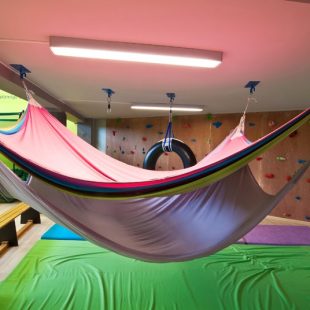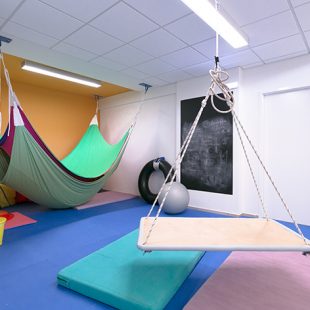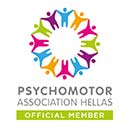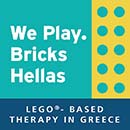Department Rehabilitation Sciences, FaBeR, KULeuven, Tervuursevest 101, B 3001 HeverleΔημοσιεύσεις της Χριστίνας Σύψα στο European Psychomotricity Journal
Relationship between actual and perceived motor competence in a group of adolescents with psychiatric disorders
Written by Johan Simons1, Christina Sypsa1 & Inez Vandenbussche2
1Department Rehabilitation Sciences, FaBeR, KULeuven, Tervuursevest 101, B 3001 Heverlee,
2Department Child and Adolescent Psychiatry, University Hospital, KULeuven, Herestraat 49, B 3000 Leuven
Abstract
This study examined the relationship between actual and perceived motor competence in adolescents with psychiatric disorders. The participants were 37 (18 male, 19 female) Flemish adolescents, M age=13 years and 10 months (SD=9 months) remaining in a child and adolescent psychiatric hospital. The actual motor competence was measured by the Body Coordination test for Children and the perceived motor competence was measured by means of the Physical Self-description No significant differences were found in actual motor competence between boys and girls, whereas significant differences were found in perceived motor competence, in favor of boys. A Kendall correlation indicated no significant relationship between actual and perceived motor competence either in boys or in girls with psychiatric disorders.
Keywords:
Actual motor competence, perceived motor competence, adolescents, psychiatric disorders
Questionnaires Measuring the Physical Self Children: A Review
Written by Christina Sypsa & Johan Simons.
Maintaining a good physical self esteem is a protective factor in children’s development, while negative scores of it indicate different kinds of problems (e.g. depression, eating disorders). In this review several properties of the questionnaires that measure the above notion and its components are discussed. The search of this kind of assessment tools for children’s physical self was limited to the last 15 years. From the literature 15 results were found to adhere to the criteria set in the first place, with 11 of them to measure the different aspects of physical self separately (mainly body image) and 4 of them to evaluate the concept more totally. The paper focuses on a short description and categorization of the tests detected and a narrowing to the instruments that approach physical self in a more integrative way.Keywords:physical self-concept, physical self-esteem, body image, children, questionnaires, review
Η Χριστίνα Σύψα είναι Καθηγήτρια Φυσικής Αγωγής, Ψυχοκινητική παιδαγωγός- Θεραπεύτρια και πιστοποιημένη practitioner από την ISCO, με μετεκπαίδευση στην Προσαρμοσμένη Κινητική Δραστηριότητα και την Ψυχοκινητική Θεραπεία, Επιστημονική Υπεύθυνη στο Psychomotor Athens και Υπεύθυνη προγραμμάτων στο Playgym.
> Για περισσότερες πληροφορίες σχετικά με τη Ψυχοκινητική Θεραπεία, δείτε τη σχετική ενότητα.
> Καλέστε τώρα για ραντεβού και αξιολόγηση.
Στο Psychomotor Athens, στα Βριλήσσια, πραγματοποιείται πλήρης αξιολόγηση των κινητικών δυσκολιών του κάθε παιδιού και κατόπιν δομείται εξατομικευμένο πρόγραμμα παρέμβασης προσαρμοσμένο στις δυσκολίες και τις δυνατότητες του.





